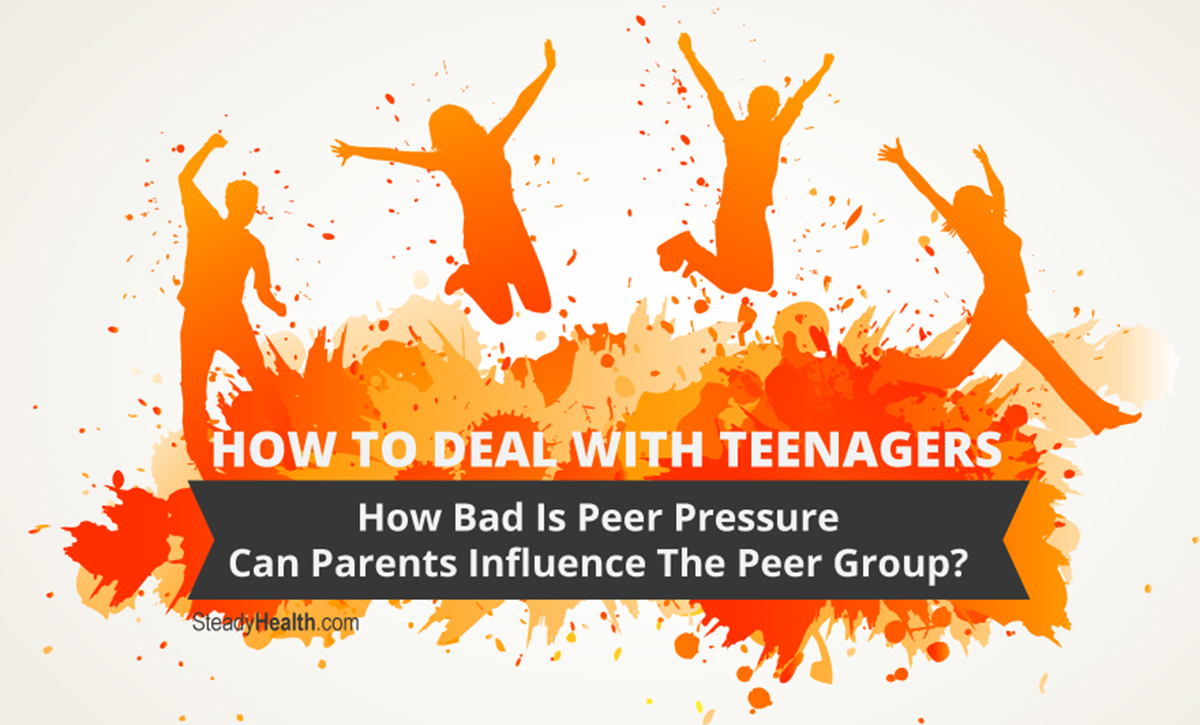I've always been pretty "out there" — a divergent thinker who didn't know any better but to put those thoughts into action, or, in more popular language, a "weirdo". It must have been sheer luck that I still hit the friendship jackpot when I first started high school, teaming up with a diverse group of other Island of Misfit Toys type kids. We weren't united in our passions, ethnic backgrounds, religious affiliations, music choices, or sense of style, but were instead brought together by the fact that they didn't resemble those of the rest of the "sheeple" in our school. As for me, I wore hippie clothes and listen to proper hippie music, from the '60s, a few generations "too late". (Yeah. My mother got me into that. Yeah, I still love that stuff!)
Then we moved, and I had to go to a new school. Though I'd gotten on pretty well until then thanks to that weird group of friends, it hadn't all been plain sailing, and I decided to make a change. I pretended to be interested in music I wasn't, and dressed in clothes that looked like those "everyone else was wearing". A while into this new adventure, my mom lamented my apparent need to become someone else for the peer group. Me? I was simply relieved that I got in with the popular crowd, didn't get teased at school anymore, and actually made some really nice friends. It was an easier path, let's not deny that. My also counter-cultural mom might have considered them a bad influence, but they didn't drink or do drugs, and prioritized academic performance, so it could certainly have been a whole lot worse.
The Surprising Benefits Of A Strong Peer Group For Teenagers
There's certainly no shortage of studies that indicate that the peer group has a great influence on the way in which teenagers dress, how accepting of violence they are, how they speak, and of course whether they do drugs, have sex, and engage in anti-social and criminal behavior. [1]

What do you think close friendships and a pattern of giving into the social norms present in a peer group does to a teen's future? One long-term study that started assessing a group of young people when they were 13 and continued until they were 27 found that these teens were physically healthier in adulthood — even after the researchers controlled for numerous other factors. [2]
Strong peer networks additionally have a positive influence on teens' mental health, even strongly correlating with lower rates of depression. [3] Conflictual relationships with peers, on the other hand, perhaps predictably have the opposite outcome. [4]
In the social realm, peer groups (nicer terminology than "cliques", isn't it?) allow teenagers to develop conflict resolution skills and negotiation skills [1], as well as, I'd assume, the code switching skills we all need in adulthood as we effortlessly transition from one environment (such as work) to another (a night on the town with friends, for instance).
I Don't Think I Like My Teen's Peer Group — What Do I Do?
You don't have any influence over your teen's peer group — which other teenagers your child chooses to hang out with and who inevitably diminish your own input into the child's life. Or do you? This is certainly an assumption many studies have made, but it isn't necessarily true. Research has also demonstrated that particular things you can do influence your teen's outcome, and those are:
- Monitoring your teen's activities and behavior
- Encouraging achievement, including academic achievement, in your child
- Making decisions pertaining to your child's life together with them [5]
Don't micromanage, though, as teenagers tend to thrive with parental styles that are warm and firm alike, while simultaneously accepting a teenager's need for increased physical and psychological autonomy. [7]
In Conclusion
Yes, adolescents are — research confirms — indeed more likely to engage in risky behavior in the presence of a peer group, and peers absolutely do influence each other to do things they otherwise wouldn't. (The same research indicates that suggests adolescents are twice as likely to do something risky when exposed to peers says that this added risk gradually tapers off, and no longer holds true for adults. I personally think a quick look at almost any history book makes it clear that this finding deserves another look!) [8]
If the peer group itself encourages positive (academic and athletic achievement, for example) or fairly harmless (clothing choices) behaviors, you probably don't have any reason for concern. Rather than wondering how to deal with your teenager and the bad influences surrounding them, you can be happy in the knowledge that your teen's friends are helping him or her hone social skills to last a life time.
If, on the other hand, things aren't that rosy, you can decide whether to try communication tactic for a low-conflict relationship with your teen and see if you can reach a mutually agreeable solution, or whether to take harsher steps. These might be warranted if your teen's school performance is taking a serious hit, and definitely if there's evidence of substance abuse, eating disorders, or unsafe sexual activity.
- Photo courtesy of SteadyHealth.com


Your thoughts on this